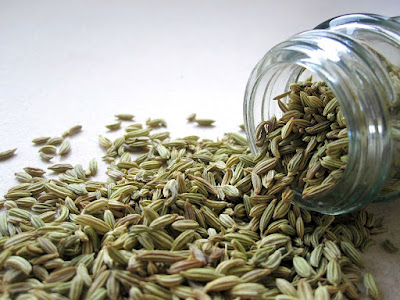Fennel, also known by its scientific name Foeniculum vulgare, is a flowering plant that belongs to the carrot family. This herb is widely used in culinary practices and is known for its distinct aroma and flavor. Apart from its culinary uses, fennel has been used for its medicinal properties for centuries. In this blog, we will discuss the health benefits, disadvantages, uses, and FAQs of fennel.
Health Benefits of Fennel:
Digestive Health: Fennel is rich in fiber, which makes it an excellent natural remedy for digestive issues such as constipation, bloating, and indigestion. The fiber in fennel helps to regulate bowel movements and improve gut health.
Rich in Antioxidants: Fennel is a good source of antioxidants such as vitamin C, which helps to prevent oxidative stress and reduce inflammation in the body. Antioxidants also help to protect against chronic diseases such as cancer and heart disease.
Immune Booster: Fennel is rich in vitamin C and other immune-boosting nutrients that help to strengthen the immune system and protect against infections and diseases.
Anti-inflammatory: Fennel contains anti-inflammatory compounds that help to reduce inflammation in the body. This can help to alleviate symptoms of conditions such as arthritis, asthma, and other inflammatory disorders.
Respiratory Health: Fennel has been used as a natural remedy for respiratory issues such as coughs, bronchitis, and asthma. The herb contains compounds that help to loosen mucus and ease breathing.
Disadvantages of Fennel:
Allergic Reactions: Fennel may cause allergic reactions in some individuals, particularly those who are allergic to other plants in the carrot family, such as celery or parsley. Symptoms of an allergic reaction may include skin rash, itching, and swelling.
Unsafe during pregnancy: Fennel may stimulate menstruation and should be avoided during pregnancy. It may also be unsafe for nursing mothers.
Blood Clotting: Fennel may interfere with blood clotting, which may increase the risk of bleeding or bruising.
Uses of Fennel:
Culinary: Fennel is widely used in culinary practices and is known for its distinct licorice-like flavor. It can be used to flavor a variety of dishes, including soups, stews, salads, and marinades.
Medicinal: Fennel has been used for centuries as a natural remedy for various health issues. It can be used to alleviate digestive issues, reduce inflammation, and boost the immune system.
Aromatherapy: Fennel essential oil is used in aromatherapy to promote relaxation, reduce anxiety, and improve mood.
FAQs about Fennel:
Q. How should I store fennel?
A. Fennel can be stored in the refrigerator in a plastic bag for up to five days.
Q. Can fennel help with weight loss?
A. Fennel is low in calories and high in fiber, which may help to promote feelings of fullness and reduce calorie intake.
Q. Is fennel safe for children?
A. Fennel is generally safe for children when consumed in small amounts. However, it is important to speak with a healthcare professional before giving fennel to a child.
In conclusion, fennel is a versatile herb that offers numerous health benefits. It can be used in culinary practices, as a natural remedy for various health issues, and in aromatherapy. However, it may cause allergic reactions in some individuals and should be avoided during pregnancy. As with any supplement or natural remedy, it is important to speak with a healthcare professional before using fennel.




No comments:
Post a Comment